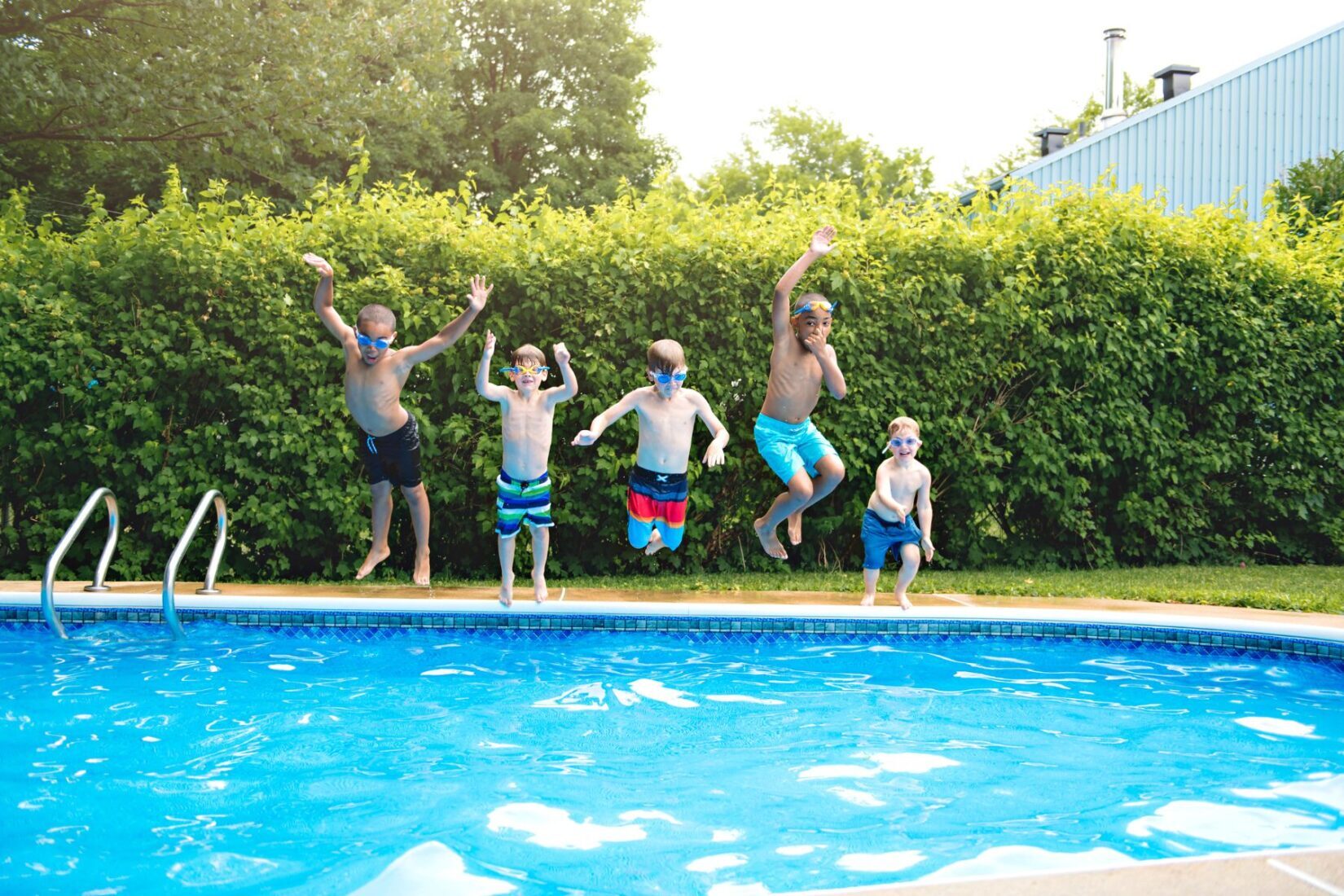Fourth of July Swim Safety and Tips for the Pool and Beach

Nothing says summer like the Fourth of July weekend! While there’s lots of fun to be had, remember to keep safety top of mind for your family.
Review these 7 essential water and swim safety tips before your trip to the beach or pool to ensure an incident and injury-free holiday weekend by the water.
1. Be vigilant around water
Parents and caregivers must be constantly vigilant. Always designate a responsible water watcher to actively supervise children while they swim or play near water. Adults should keep distractions like smartphones or books tucked away and avoid consuming alcohol excessively. Remember, it only takes seconds for a child to slip beneath the surface, so it’s vital to stay focused and attentive at all times.
2. Respect water conditions
Before diving into any body of water, take a moment to assess the conditions. Ocean currents, lake tides, and pool depths can vary significantly and pose potential risks. Follow posted signs and flags indicating water conditions and adhere to lifeguards’ instructions. Avoid swimming in areas with rip currents, undertows, or poor visibility. Always err on the side of caution when it comes to water conditions.
3. Wear appropriate safety gear
When engaging in water activities, ensure that you and your loved ones are equipped with appropriate safety gear. Life jackets are required for children aboard a watercraft and very beneficial for individuals who are not strong swimmers. Proper gear can provide an added layer of protection and enhance overall safety during water-based fun.
4. Have conversations with your kids around water safety
One of the most important things you can do to help keep your child safe is to have conversations around water safety. Sit down with your child and reinforce these key messages before you head to the water this holiday weekend:
- Always ask an adult for permission before you go near the water
- Never swim alone
- Stay away from the pool drain (most are safe, but old or broken ones are not)
- If you don’t see your adult, they probably can’t see you
- Yell for an adult or lifeguard if anything seems wrong
- Don’t hold your breath
- If someone is struggling in the water, don’t go in after them. Instead, reach for them or throw a personal flotation device or buoyant object.
5. Ensure that all protective barriers are in place for your home pool
Check to make sure that all protective barriers, including fences and pool alarms, are working. This means closing pool gates and replacing those alarm batteries. A four-sided isolation fence separating the pool area from the house and yard can reduce a child’s risk of drowning by 83%. These assurances will decrease the chances of drowning if your child wanders into the backyard.
6. Be mindful of recreational water illnesses
Pools and waterparks are great sources of fun, but unfortunately can also serve as breeding grounds for different types of bacteria if not properly treated. Ensure that you’re familiar with the common symptoms of recreational water illness, understand how these germs can be spread, and know how to protect against these illnesses.
7. Stay hydrated and practice sun safety
Spending time in the water can be deceptively cool, leading to an increased risk of dehydration. Remember to keep yourself and your kids hydrated, even if you don’t feel thirsty. Additionally, protect your skin from the sun’s harmful rays by applying sunscreen before heading outdoors. Reapply sunscreen every few hours, especially after swimming. Wearing hats, sunglasses, and lightweight clothing can also help prevent sunburn and heat-related illnesses.
This 4th of July weekend, prioritize water and swim safety to ensure a memorable and safe celebration. By remaining vigilant, learning swimming skills, respecting water conditions, wearing appropriate safety gear, and practicing sun safety, we can all enjoy a fun-filled weekend while keeping ourselves and our loved ones safe.
